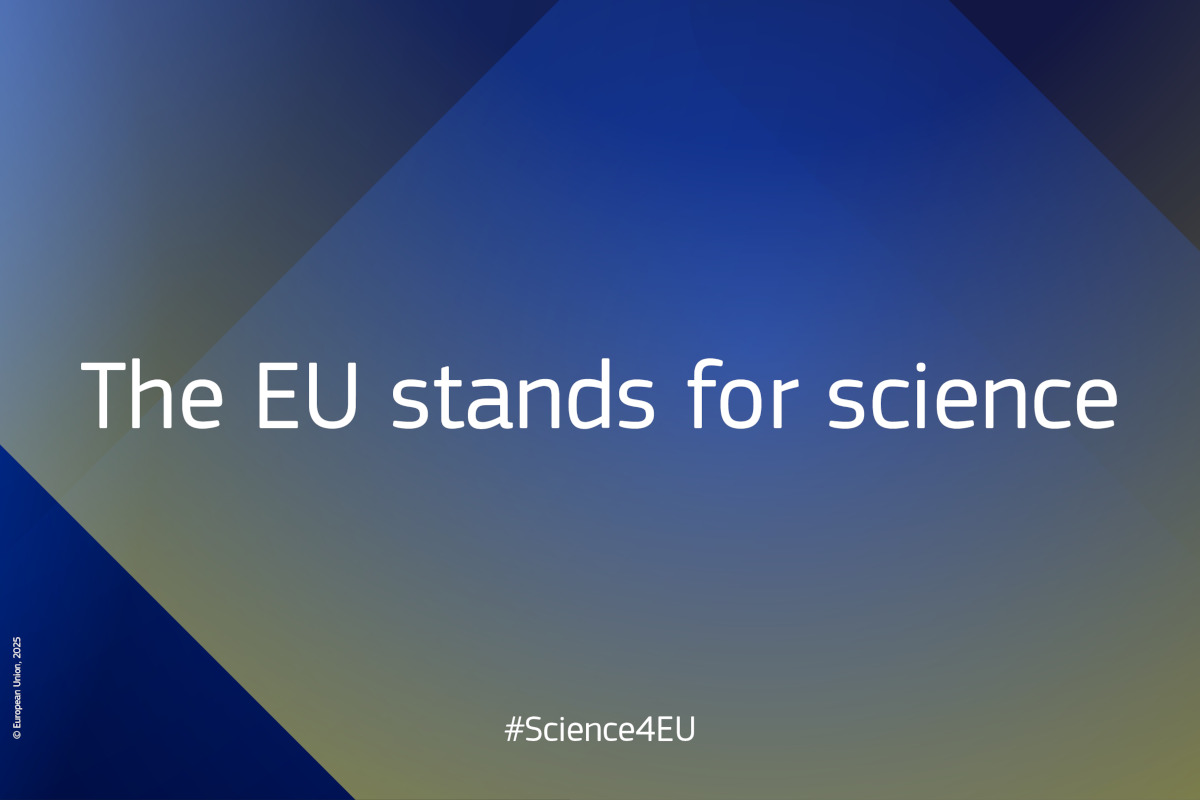While Europe’s green agenda faces new pressures, sustainability leader Sandrine Dixson-Declève outlines why sustainable investment remains vital for economic strength, planetary health and future resilience.
Special series

Science4EU
The Science4EU campaign shows how the EU stands for science. It shines a spotlight on the scientists, researchers, and innovators working with EU support to improve our lives and shape a better future for everyone.
Do you also stand for science?
More stories
Most popular
-
1By Andrew Dunne
-
2By Tom Cassauwers
-
3
-
4
-
5By Michaela Nesvarova
Top videos
Smarter science: staying one step ahead of the next pandemic
18 June 2025
Robots to the rescue: miniature robots offer new hope for search and rescue operations
13 June 2025
Past articles
European researchers are pioneering a vaccine and treatment for amyotrophic lateral sclerosis.
EU researchers are helping policymakers reconcile competing demands in a region full of natural resources, beauty and tradition.
Waste from the production of aluminium, nickel and other industrial materials offers the EU an opportunity to advance its recycling goals.
EU researchers are coming up with advanced technologies to spot early signs of fatigue and erratic behaviour in people behind the wheel.
Tapping into the long and rich histories of places around Europe is a central part of an EU push for rural and urban revival.
A group of European urban areas bordering seas and rivers is paving the way for climate neutrality by 2030.
Faster detection and less invasive surgery offer hopes of advances against a leading fatal disease in Europe.
Andrea Stephany Diaz founded a startup to improve lung-cancer diagnosis after participating in a 2022 European event for young researchers.
Scientists are closing in on a pain-free method for people with type 1 diabetes to control it.
EU research, which has improved society and the economy for decades, now needs to engage more young people and attract extra public and private investments, according to Professor Manuel Heitor.
New materials and designs can make a leading source of renewable energy both greener and cheaper.
Upgrading social housing is a central part of EU projects to make city life healthier and happier.
Understanding how climate change affects livelihoods and industries is an EU research priority.
Cellulose fibres are emerging as a sustainable option for wrapping everything from foods to electronics.
Urban dwellers across the EU are having a say in making their surroundings friendlier to people and the environment.
Offering nutritious meals to students can improve diets and counter obesity across Europe.
With the race to build a new generation of computers heating up, European companies are eyeing the game-changing opportunities.
Forests in the EU can help green the European construction industry and bolster a continent-wide push for architectural improvements.
Researchers in Europe have identified an underground signal that may be a precursor to strong quakes.
Researchers are seeking to ensure that people retain their ability to detect scents.






























